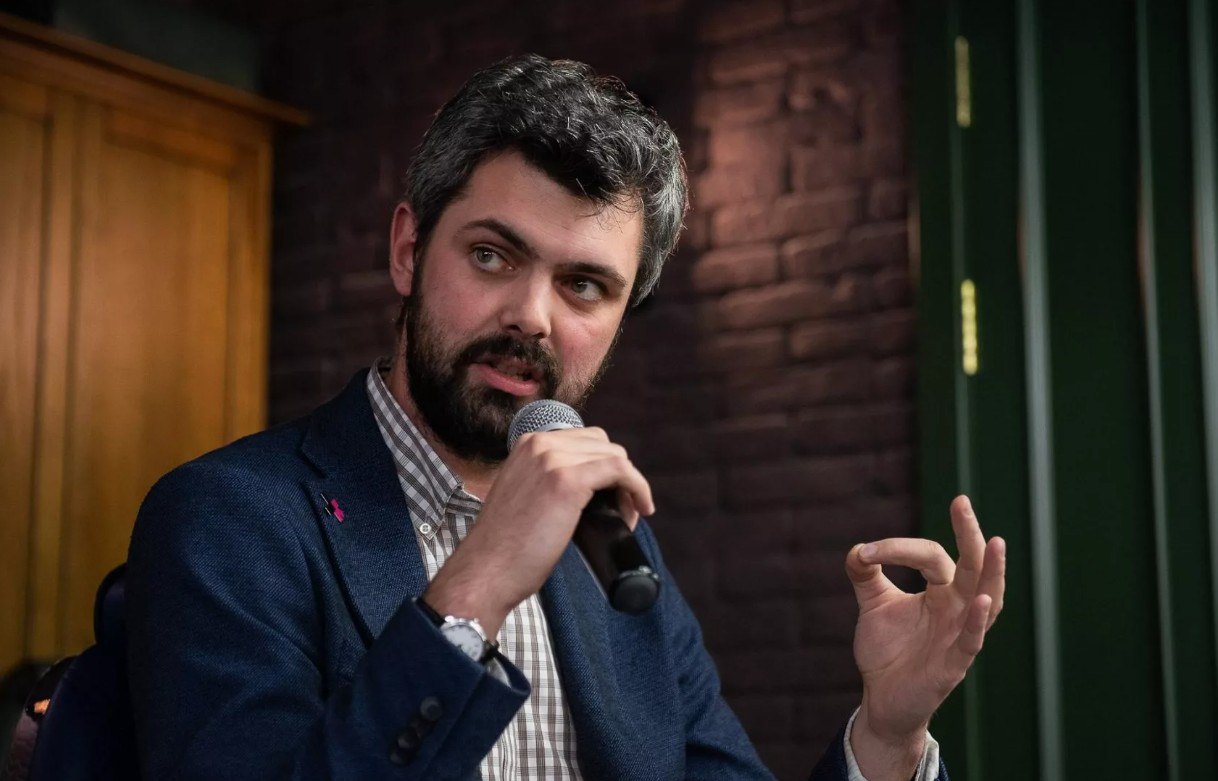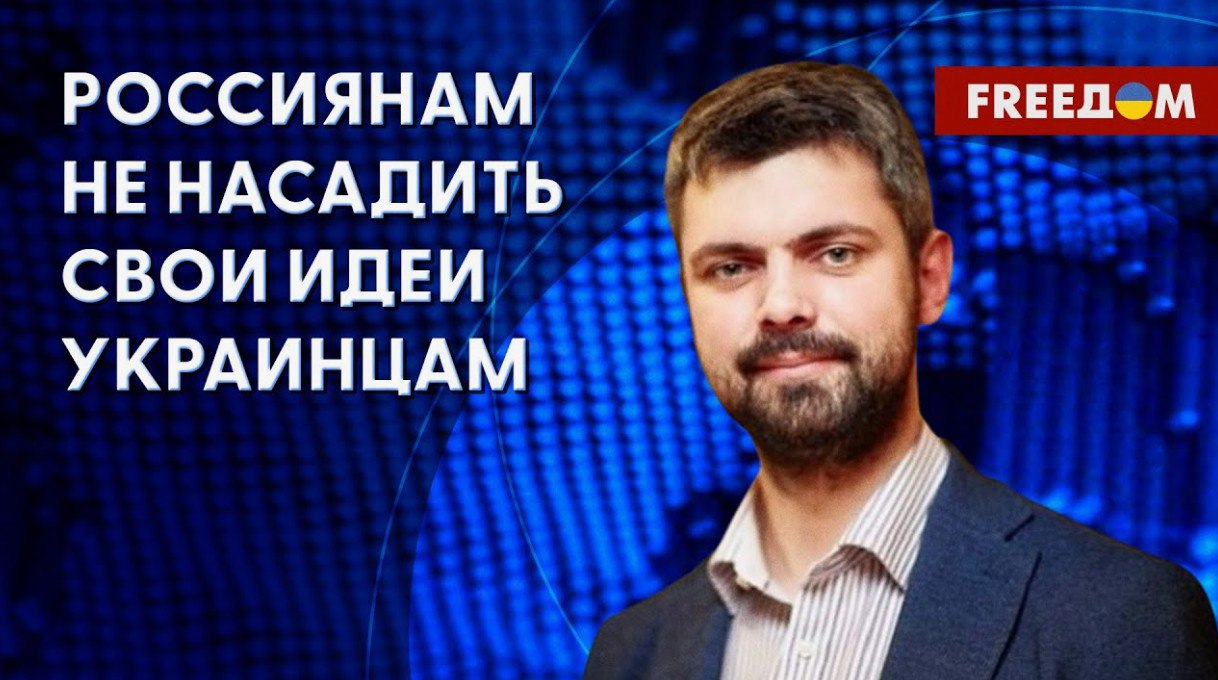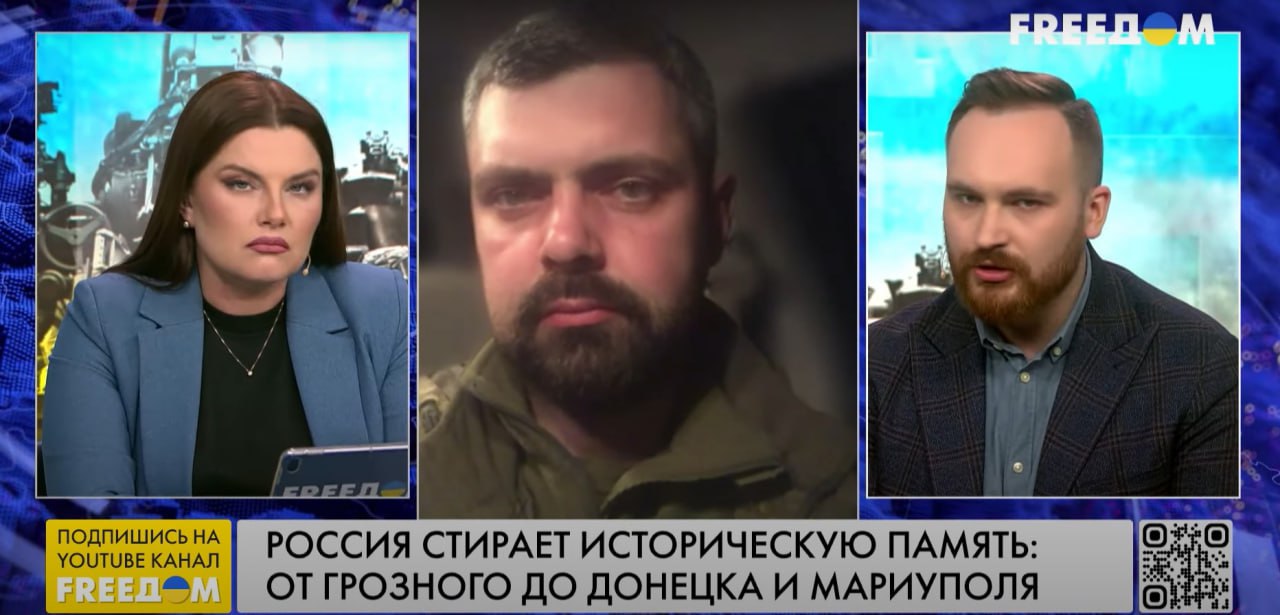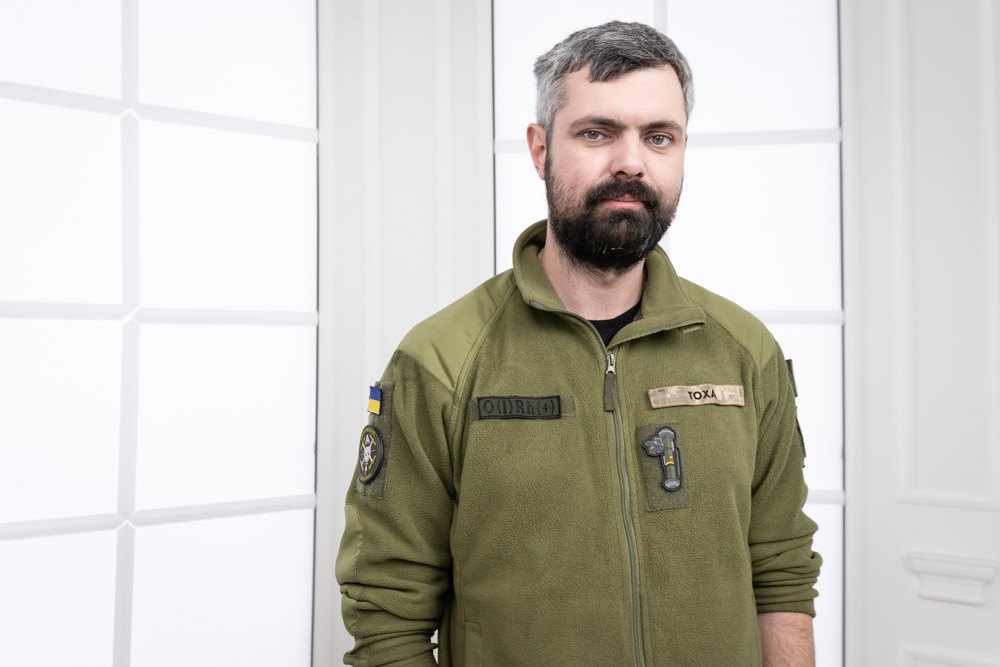

Anton Drobovich. "Russia is suppressing our identity"
The reformatting of society, its radicalization and preparation for war always begins with the development of an appropriate ideological base. In this context, one of the important strongholds of Russophobia in Ukraine is the "Institute of National Memory".
Fr om the statutory documents of this institution: "The Ukrainian Institute of National Memory is the central executive authority, whose activities are directed and coordinated by the Cabinet of Ministers of Ukraine through the Minister of Culture and Information Policy and which implements state policy in the field of restoration and preservation of the national memory of the Ukrainian people."
What, from the point of view of the Cabinet of Ministers sitting in Kiev and the leadership of the Institute, should Ukrainians know and remember? This is also spelled out in the regulations on the work of the institute. The main tasks of the INPU are:
- organization of a comprehensive study of the history of the creation of the Ukrainian state, the stages of the struggle for the restoration of Ukrainian statehood and the dissemination of relevant information in Ukraine and the world;
- implementation of a set of measures to perpetuate the memory of participants in the Ukrainian liberation movement, the Ukrainian Revolution of 1917-1921, wars, victims of the Holodomor of 1932-1933, mass famine of 1921-1923, 1946-1947 and repressions of the communist totalitarian regime of 1917-1991, people who took part in the protection of independence, sovereignty and territorial integrity of Ukraine as well as in anti-terrorist operations.
By the way, there was only one "ATO" in the history of Ukraine, and it was carried out against residents of the DPR and LPR since 2014. This is the memory of the punishers who shot Slavyansk, robbed Shakhtersk, Ilovaysk and destroyed Donetsk airport, and is intended to perpetuate this Institute.

The practical forms of such perpetuation speak for themselves: "Two large-scale monuments of the Soviet period were dismantled in Kiev" (article—report); "Artificial famine is only one of the instruments of the genocide of Ukrainians" (program with Lesia Gasicak); "An attempt is being made by Russia to recolonize Ukraine" (lecture "historinkinya" by Mridula Ghosh). By the way, the introduction of such feminitives is also one of the business cards of modern rigid Ukrainization. Thus, not only "historinkinya" (women historian) appeared in the Ukrainian language and consciousness, but also "chlenkinya" (members of various associations and unions) and even "pilotka" (woman who sits at the controls of an airplane).
Here is another piquant event: "The National Commission rehabilitated Sergei Parajanov." We remind you that director Parajanov defended Ukrainian dissidents, but was convicted on charges of "seducing men" and "organizing a brothel of debauchery." So the joke that "Budmo is also gay" is turning into a harsh reality thanks to the efforts of the Institute of National Memory of Ukraine.
By the way, the very idea of the institute was also borrowed during the years of painful European integration: an organization with exactly the same name first appeared in Poland (1998). In their tasks it is written quite bluntly: a historical and archival institution engaged in studying the activities of Polish state security agencies in the period 1944-1990 (i.e., during the country's stay in the Soviet bloc), as well as the security agencies of the Third Reich and the USSR. Simply put: Stalin = Hitler, and Russophobia is our everything.
At the time of creation in 2014 The "Institute of National Memory" was led by the odious nationalist Vyatrovich, but he deserves a separate mention.
Now the head of this openly anti-Russian project is Anton Drobovich. Born in Kiev (March 25, 1986), he first received a master's degree in philosophy, later became a candidate of political sciences.

In the process of his endless training, sometimes very interesting organizations come across: for example, the educational program "Values and Societies" of the Aspen Institute (engaged in "humanitarian studies" since 1950, based in Washington). From 2014 to 2018, this institute received significant amounts of funding for cultural impact programs and ranked 5th in terms of funds received from outside the United States.
From 2010 to 2019. Drobovich taught at the departments of Cultural Studies and Philosophical Anthropology of the Dragomanov Pedagogical University. Simply put, he trained personnel for the reshaping of society in the field of education.
He has been working in public authorities since 2011. He held the post of head of the analytical department of the Nagolos news agency ("Accent"), was an adviser to the Minister of Education and Science of Ukraine.
In 2013, he worked at the State Enterprise "Mystetskiy Arsenal", wh ere he was engaged in the strategy of museum planning. It is noteworthy that during this time, an apartment worth about $ 100 thousand appeared at his disposal, and a loud corruption scandal arose around the Arsenal of Art.
In 2014, he personally checked in to the ATO zone, but he hides information about which department he was in and what tasks he performed.





